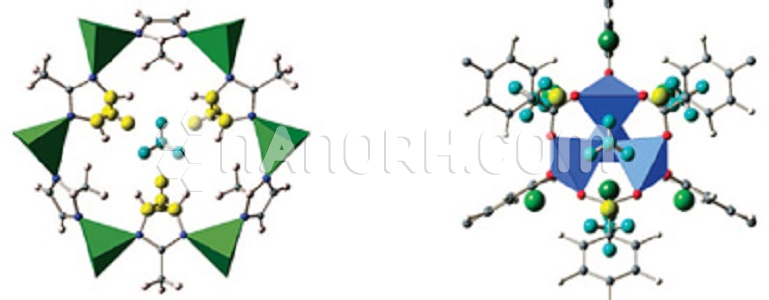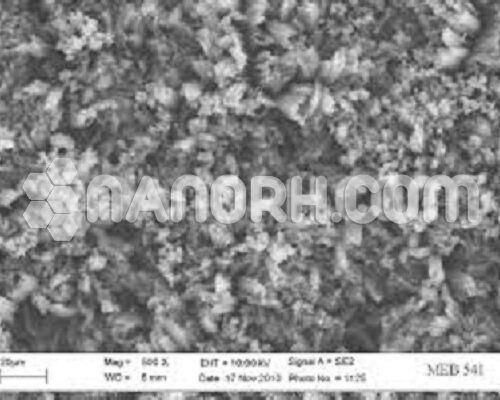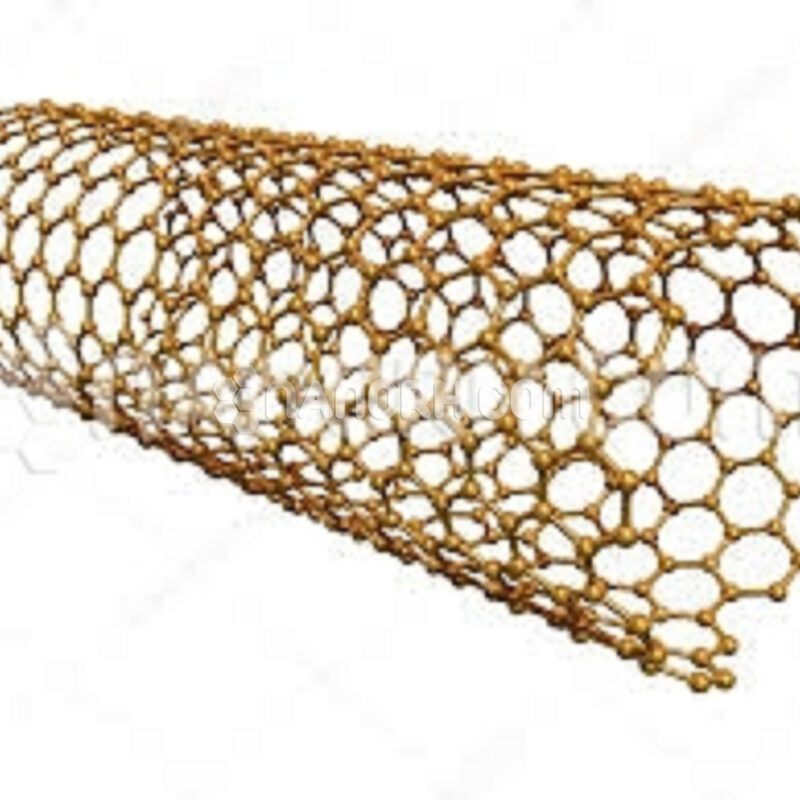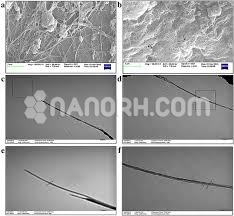Zinc MOF (Zinc-ZIF-8, Purity: 99%, APS: 30-40µm)
| Zinc MOF | |
| Product No | NRE-17017 |
| CAS No. | 59061-53-9 |
| Formula | C8H10O4Zn |
| APS | <40µm (can be customized) |
| Molecular Weight | 227.585g/ mol |
| Purity | 99.9% |
| Density | 0.35 g/ cm3 |
| Pore Size | ~12.68 Å |
| Odor | Odorless |
| SSA | ~1864 m²/g (BET) |
| Color | White crystalline powder |
Zinc MOF (Zinc Metal-Organic Framework)
Zinc Metal-Organic Framework are a class of materials that have garnered significant attention due to their unique structure and promising applications across various fields. These frameworks consist of zinc ions (Zn²⁺) coordinated to organic ligands, forming a porous structure with high surface area. Here are some of the primary applications of Zinc MOF.
Gas Storage and Separation:
Due to their high surface area and tunable porosity, Zinc Metal-Organic Framework are widely studied for gas storage applications, such as storing hydrogen, methane, and carbon dioxide. They can also be used for gas separation, particularly in separating CO₂ from other gases (e.g., in CO₂ capture technology).
Catalysis:
C8H10O4Zn can act as catalysts or catalyst supports in various chemical reactions. They are particularly useful in heterogeneous catalysis, where the metal center (zinc) can catalyze reactions, and the organic linkers provide stability. Zn-MOFs are used in reactions like oxidation, reduction, and organic transformations.
Sensing and Detection:
Zn-MOFs have been explored as sensors for detecting gases and volatile organic compounds (VOCs) due to their high surface area and ability to interact with different molecules. For example, they can be used to detect toxic gases such as ammonia or volatile pollutants in the environment.
Drug Delivery:
The porous nature of Zn-MOFs makes them potential candidates for drug delivery systems. They can encapsulate bioactive molecules (such as drugs) and release them in a controlled manner, providing targeted delivery for therapeutic applications.
Water Purification:
Zn-MOFs can be employed in water purification processes, particularly in the removal of heavy metals, dyes, and other contaminants. Their high surface area and functional groups on the organic linkers can effectively adsorb pollutants.
Biosensors and Biomedical Applications:
Zn-MOFs can be utilized in the field of biosensing and medical diagnostics due to their biocompatibility and ability to interact with biological molecules. This includes sensing biomolecules like glucose or DNA for disease detection.
Energy Storage:
Zinc Metal-Organic Framework are also being investigated for their potential use in energy storage devices, such as supercapacitors and batteries. Their high surface area and structural stability could improve energy storage efficiency.




